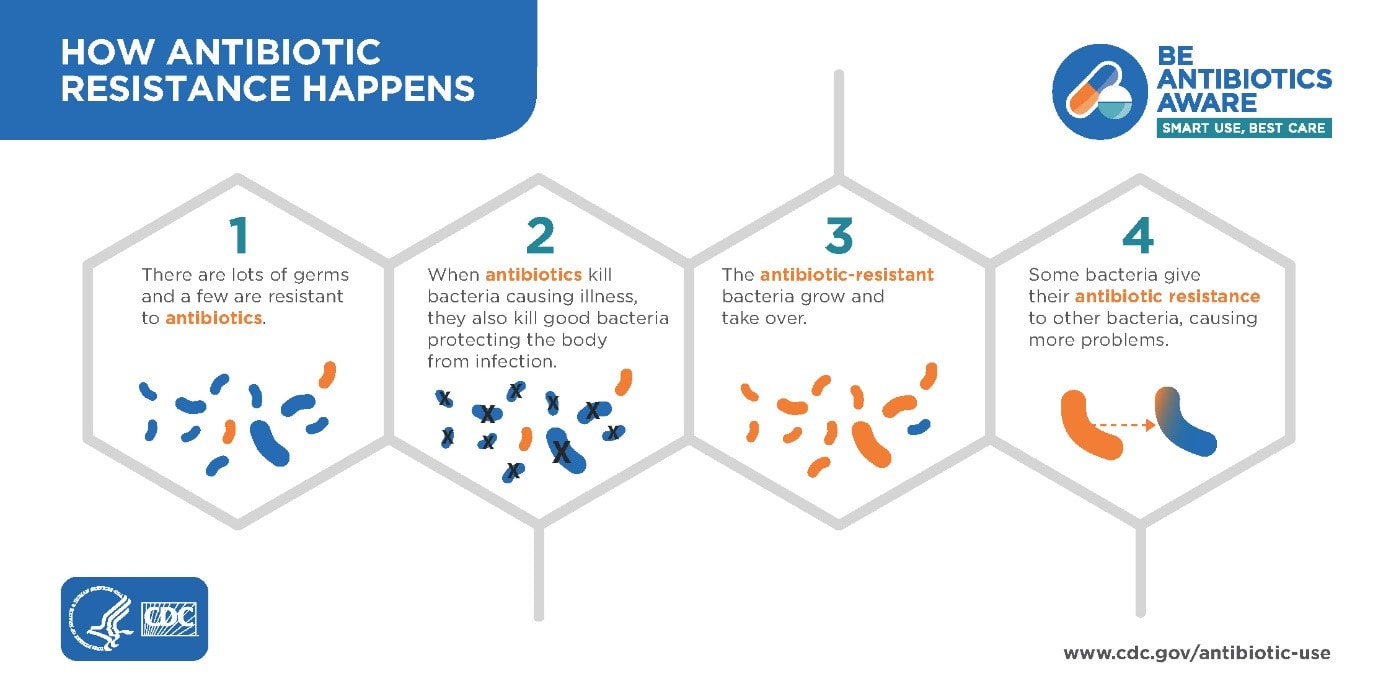Northwestern medicine antibiotic stewardship public resource page
This page is intended for people in the Chicago area looking for resources about antibiotic resistance.
Antibiotics are lifesaving medications, but resistance can develop with use. It is important to understand the risks of taking antibiotics when they aren't needed or "just in case", so they will work when we really need them.
Antibiotics are lifesaving medications, but resistance can develop with use. It is important to understand the risks of taking antibiotics when they aren't needed or "just in case", so they will work when we really need them.
|
National and International Resources
|



